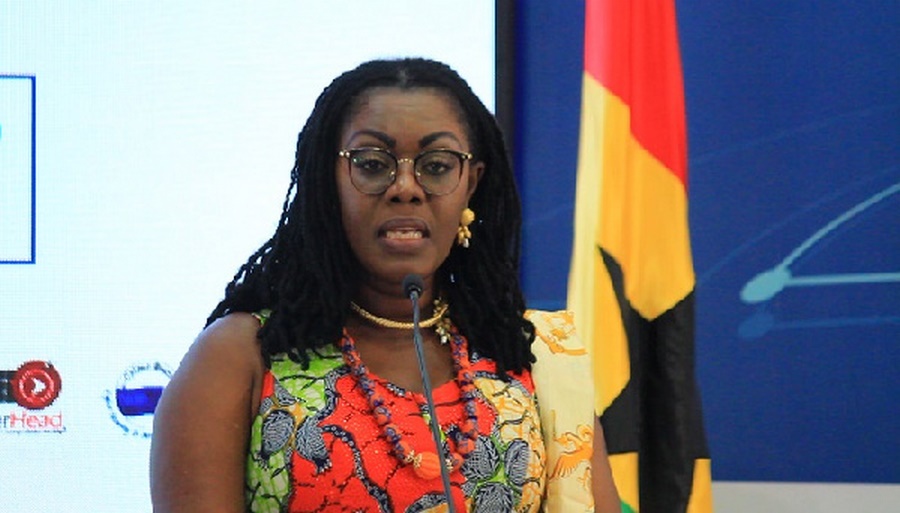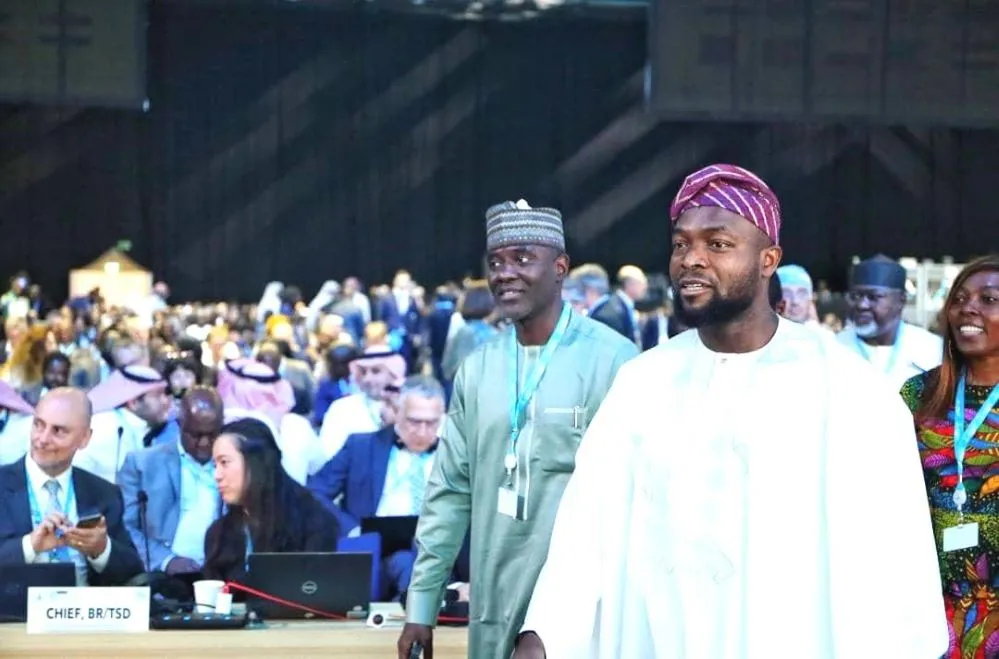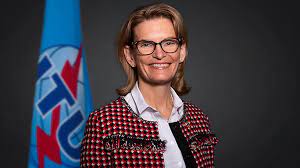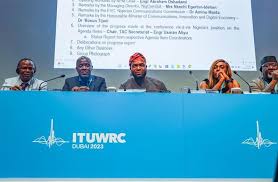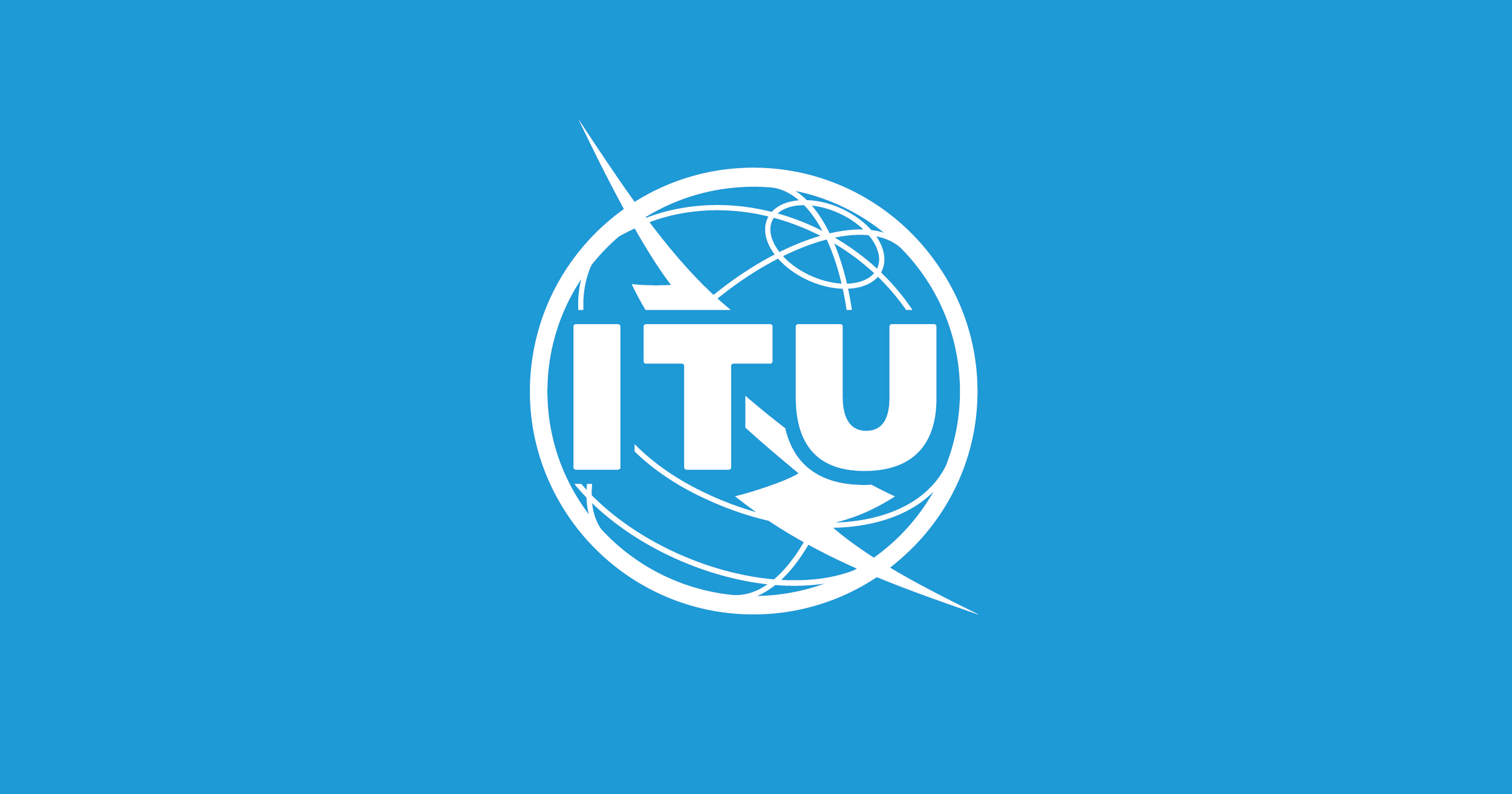After an electrifying three rounds of voting at the ITU Plenipotentiary Conference held in Romania, Zimbabwean telecommunications expert Dr. Cosmas Zavazava made history by winning elections for the influential Director of Telecommunications Development Bureau (BDT) position at the International Telecommunications Union (ITU).
It is good to note that Zimbabwe has never held an elective position in any UN body; thus, this triumph will be remembered as a major accomplishment for the nation and the SADC region. For this particular position six countries were interested in this position. These countries include Cameroon, The Gambia, Congo-Brazzaville, Zimbabwe, Pakistan, and the Bahamas.
For the campaign process, Dr. Machengete served as campaign manager and strategist for the Dr. Zavazava campaign. The campaign contained not only his friends; his team also included representatives from the Office of the President and Cabinet, POTRAZ, Ministry of ICT, Postal and Courier Services, Ministry of Foreign Affairs and International Trade, and Ministry of ICT. These officers played a massive role in his emergence as the Director of the Telecommunications Development Bureau.
Dr. Zavazava has a very impressive profile to his name. Before his most recent role, He served as the BDT’s Chief of the Department for Partnerships for Digital Development, where he was responsible for developing strategic alliances, interacting with businesses and the private sector, mobilizing resources, and carrying out project work. He also served as the Telecommunication Development Bureau’s Chief of the Department for Projects and Knowledge Management for a significant amount of time.
Dr. Zavazava possesses outstanding credentials in law, commercial management, international relations, and telecommunications. He also has a doctorate in international business. He organized resources, formed partnerships, and effectively carried out numerous projects and initiatives throughout the years. Furthermore, he has worked extremely hard and with much devotion in every office, he has worked in.
How Dr. Zavazava Emerged As Winner
It was indeed a nail-biting contest as Zimbabwe had the lead after the first round of voting but fell short of the required 50% plus 1 vote barrier after receiving 59 votes, sending the election to a second round. The Gambia received 35 votes, closely trailing the Bahamas in second place with 47 votes. Congo Brazzaville received 20, 11, and 8 votes, respectively, followed by Pakistan.
In the second round of voting, Cameroon and Congo-Brazzaville withdrew their candidacies. They simply gave up. As a result, Zimbabwe’s vote jumped to 81 in this round, but it was still short of the 91 votes needed to win out of the 181 ballots cast by the ITU member states present. The Gambia and Pakistan each received 25 and 15, while the Bahamas garnered 59 votes.
After this round, only Zimbabwe and Bahamas remained in the running, as Pakistan and The Gambia withdrew. Zimbabwe received an outstanding 101 votes in this final round compared to the Bahamas’ 63 votes.
The voting process was as transparent as possible, as every ITU member state voted and counted their votes. What a win this is for the people of Zimbabwe and Africa as a whole!
Nigerian Teenagers Develop App To Champion Climate Change Advocacy
ITU Makes Plan To Bridge Access To Smartphones Gap
A third of the world’s population still lacks access to essential knowledge and possibilities since over 2.7 billion individuals still cannot or do not use the Internet. This fact is supported by a recent report from the International Telecommunication Union (ITU) and UNESCO’s Broadband Commission for Sustainable Development Working Group on Smartphone Access.
The report, Strategies Towards Universal Smartphone Access, intends to offer helpful resources so that people can have smartphone-based Internet access by 2030. The working group for the report was co-chaired by Nick Read, CEO of Vodafone Group, Houlin Zhao, Secretary-General of the ITU, and Heidi Schroderus-Fox and Rabab Fatima, High Representatives of the United Nations for the Least Developed Countries.
The adoption gap for mobile Internet was also examined in the study. This problem occurs when people fail to use the Internet even when a mobile network is available. The gap is now nearly seven times wider than the coverage gap worldwide, with South Asia, sub-Saharan Africa, the Middle East, and North Africa having the worst gaps.
According to Rabab Fatima, an UN-OHRLLS spokesperson, only 45% of adults in emerging Smartphones. “Smartphones are not just consumer goods; they are accelerators for learning, connection, and economic activity,” she added.
But with the cost of a smartphone exceeding 70% of the average monthly income of people living in low- and middle-income countries, enabling access and use of the internet must now become a policy priority for the international community, she continued.
Fatima’s position is in line with a recent study by the GSMA called the Mobile Gender Gap Report 2022, which indicated that this number has increased consistently from 22% in 2017 since men in the region own considerably more smartphones than women do. On the other hand, women are almost as aware of and active users of mobile Internet as men once they have a smartphone.
In all of this, what is to be known is that the price of gadgets constrains internet adoption and that getting a quality smartphone depends on the user’s intent. So, rather than making policies around the smartphone gap, more attention should be given to the bodies responsible for the production of smartphones.

